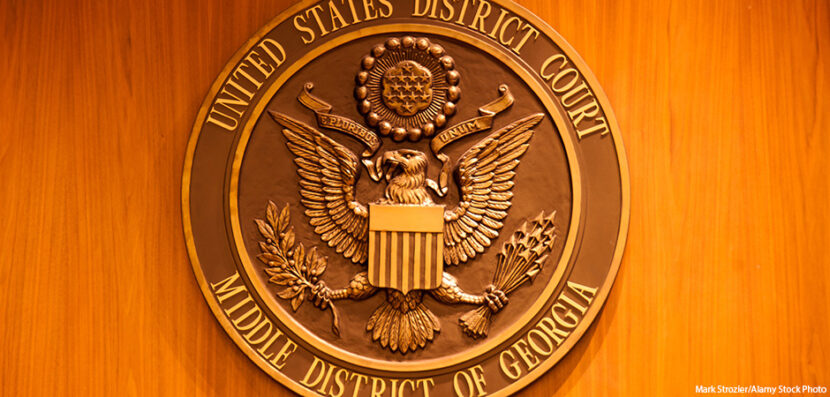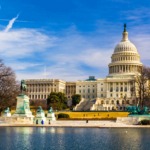Federal Judges and the Midterm Elections
The U.S. president has the power to nominate federal judges. But the Constitution also requires that the Senate approve those nominations. The country’s past two presidents–Donald Trump and Joe Biden–both appointed a record number of federal judges. Now, Biden is outpacing Trump in nominations. But that could change if Democrats lose control of the Senate after the upcoming 2022 midterm elections.
Trump and Biden’s Choices
By this point in his presidency, Donald Trump had installed sixty-nine judges. Joe Biden has installed eighty-three. That includes four new circuit court judges in the last two weeks alone. Trump and the Republican-controlled Senate approved 231 federal judges during Trump’s presidency–including three Supreme Court justices. This total is higher than for any other single-term president since Jimmy Carter. In addition, many of Trump’s picks were young conservatives, who have the potential to shape the courts for decades.
President Biden’s judicial nominees are diversifying the federal court system. He has made it a priority to nominate judges who are people of color. In addition, he has nominated many judges with backgrounds as public defenders or civil rights lawyers. President Trump and other past presidents preferred judges with backgrounds in prosecution or corporate law.
The Role of the Midterms
The November midterm elections will have the power to put new governors and members of Congress in office. But did you know that they may also impact the judicial branch? Here’s why. President Biden has been able to receive approval for so many of his nominations because Democrats now control the Senate. But they hold the majority by just one vote. If Republicans take control of the Senate after the midterm elections, President Biden will have a much harder time getting Senate approval for his judicial nominees. Senate Democrats have already promised to keep supporting Biden’s picks if they can hang onto control after the midterms. In fact, Senate Majority Leader Chuck Schumer has said that voting to approve Biden’s nominees will be a top priority.
The Flip Side
Just as the midterm elections will affect the federal courts, the federal courts are likely to impact the midterm elections. Some of the critical cases the Supreme Court has been considering lately include abortion rights, health care, and voting rights. Recent Supreme Court decisions about these issues might motivate voters to come out to the polls for the midterms.



